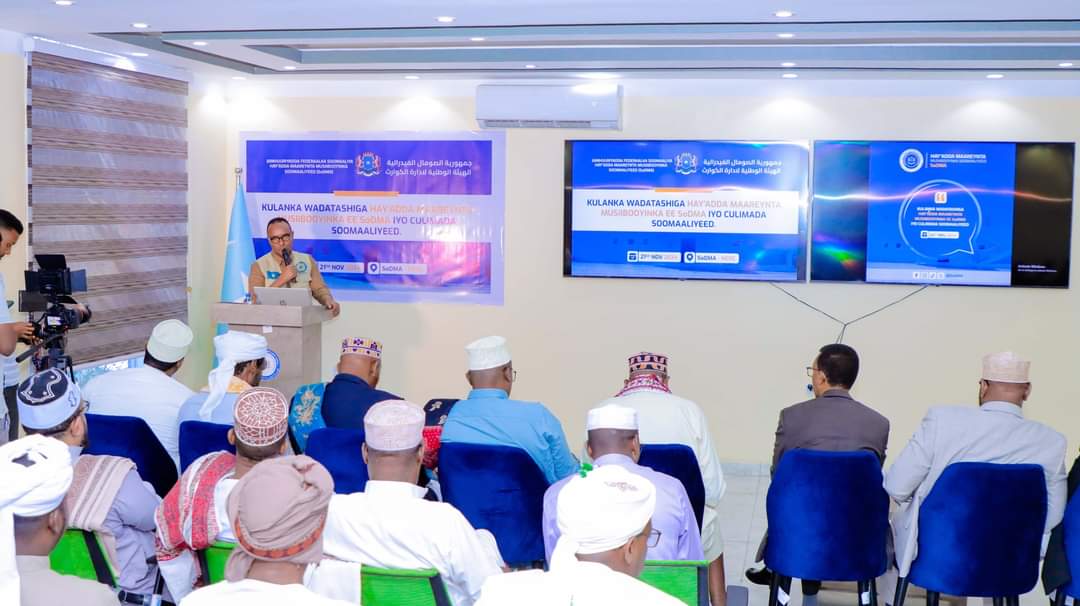The Nigeria’s National Petroleum Company Limited (NNPCL) is planing to invest about $12.5 billion to secure a 50 per cent equity stake in the $25 billion Nigeria-Morocco Gas Pipeline project.
The investment plan is being made possible after parties in the project have resolved a lingering Production Sharing Contract(PSC).
“The pipeline project, which will connect Nigeria to Morocco, is already at FEED Phase II, undergoing Environmental Impact Assessment and Right of Way Surveys,” said NNPCL Group chief executive officer(CEO), Mallam Mele Kyari.
The CEO highlighted that more investment is expected as a result of the recently resolved production sharing contract disputes with partners.
According to the Nigeria’s minister of State for Petroleum Resources, Timipre Sylva, the start date for the construction of the gas pipeline has not yet been set as some administrative issues need to be resolved.
Morocco will host 1,672 kilometers of the pipeline, which is expected to benefit over 400 million people in West Africa.
King Mohammed VI has emphasised the project’s significance, describing it as a strategic turning point that will significantly advance the continent’s development.
“I want this to be a strategic project that benefits all of West Africa – a region which is home to more than 440 million people. This is a project for peace, for African economic integration, and for co-development: a project for the present and for future generations,” the King said during his speech, commemorating the 47th anniversary of the Green March in 2022.
The project was first proposed by King Mohammed VI and Nigerian president, Muhammadu Buhari in 2016, but it has gained substantial traction lately due to rising energy prices and decreasing European gas supplies amid the war in Ukraine.
The pipeline is expected to help Morocco overcome its persistent energy crisis, with the North African country currently importing 90 per cent of its energy needs.
The 5,600-kilometer-long pipeline project will span across 13 countries along the Atlantic coast.
The project gained unwavering support from many countries, including Nigeria, Gambia, Guinea Bissau, Guinea, Sierra Leone, and Ghana.
The countries signed a Memorandum of Understanding (MoU) with Morocco’s National office of Hydrocarbons and Mines (ONHYM) in December 2022, reflecting their determination to support the Morocco-Nigeria gas pipeline project, which aims to improve energy infrastructure in the region









